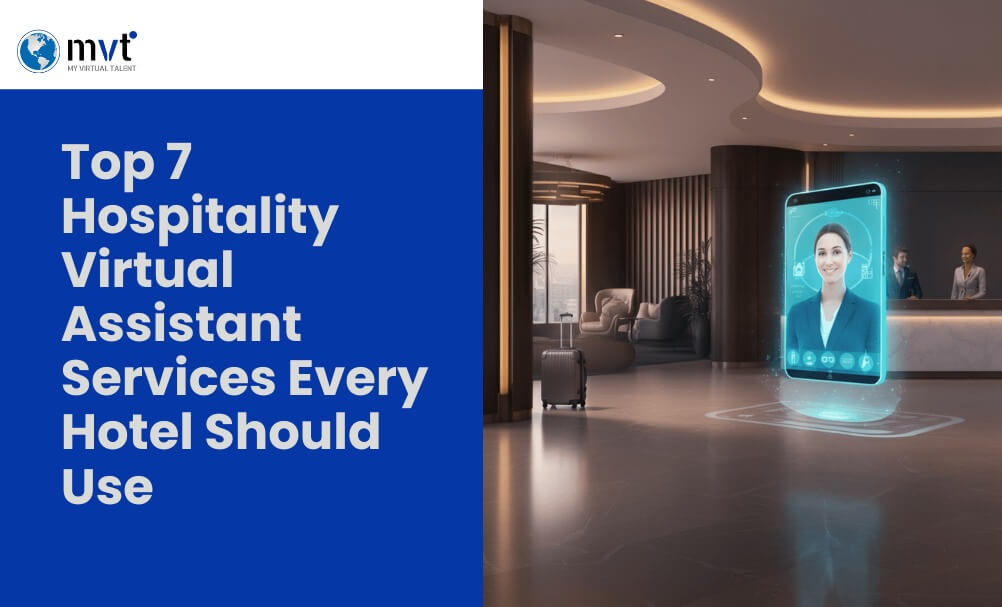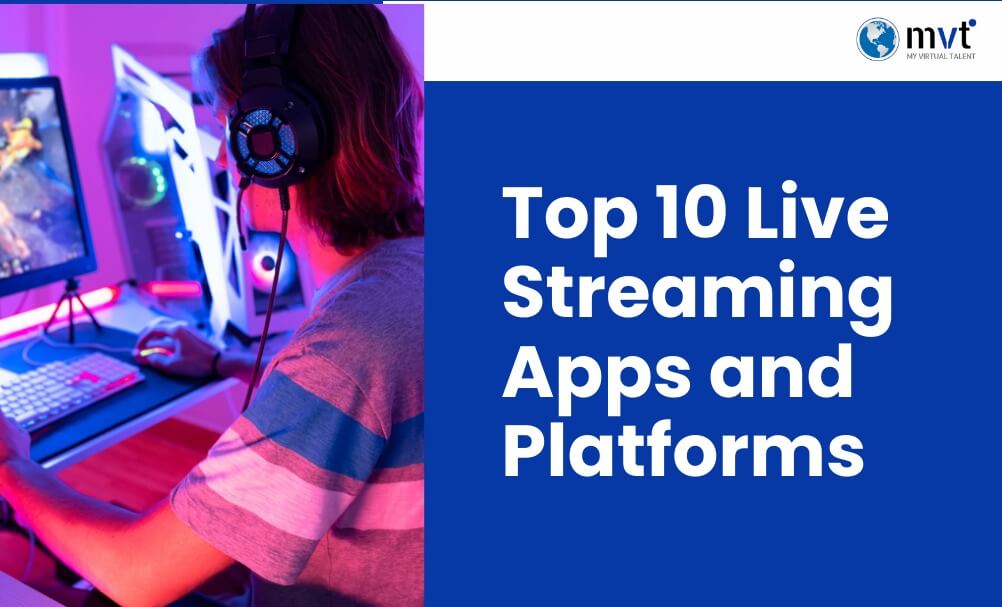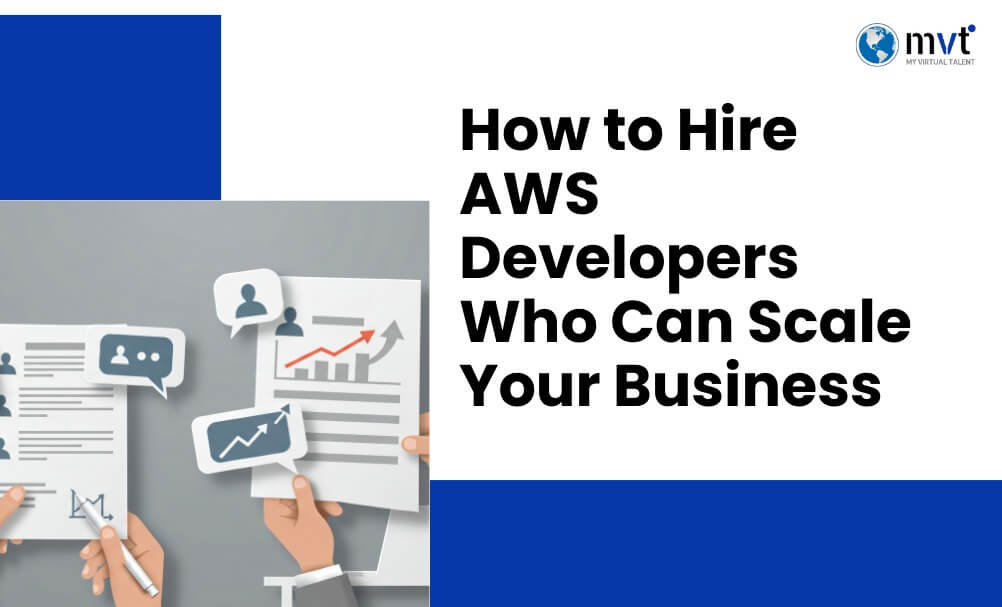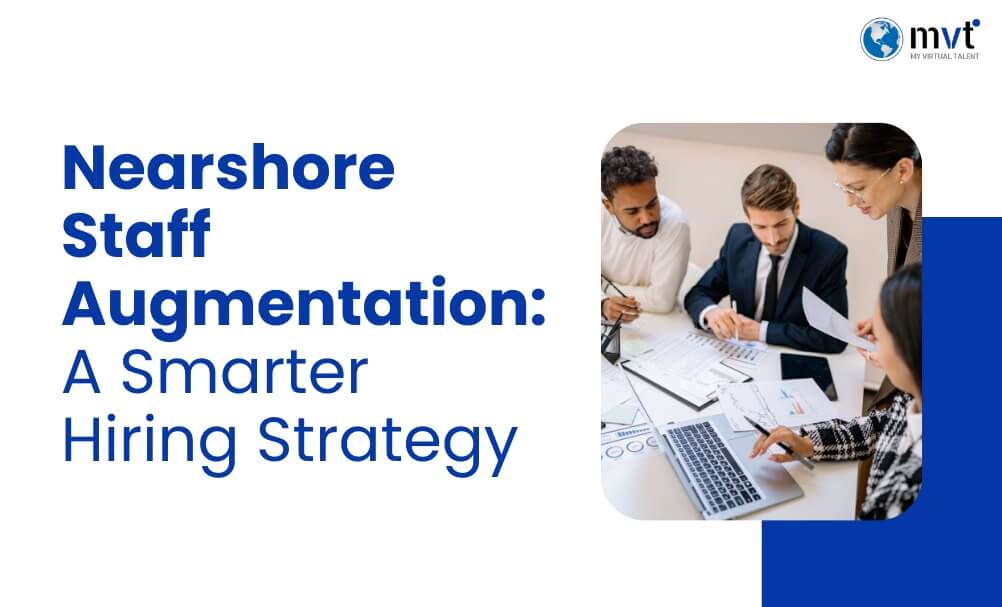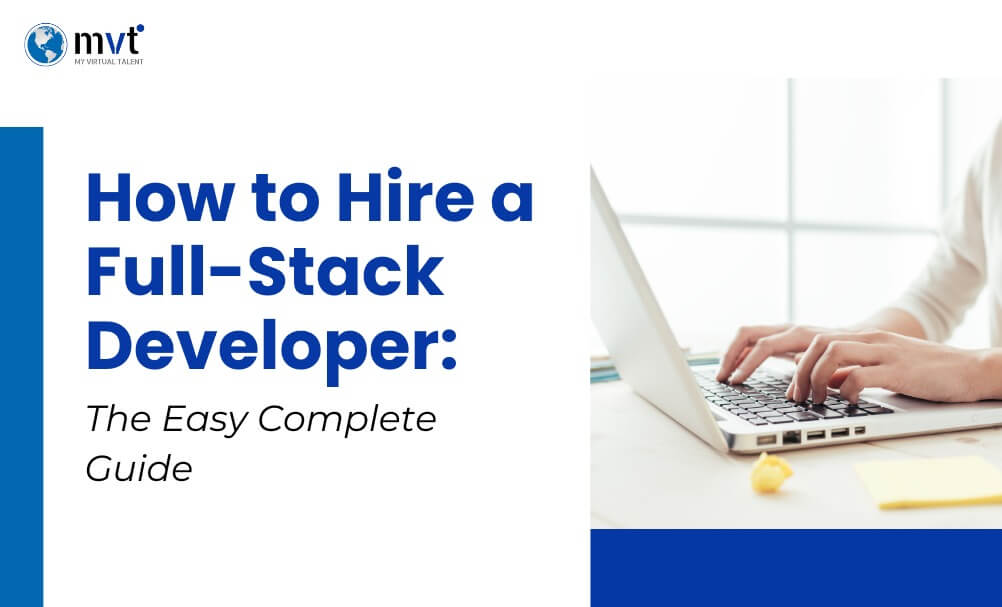
The demand for skilled professionals has changed rapidly in recent years, and one clear example is the rise of the Full-stack developer. Reports show that demand for these experts has grown by 35% in the last year alone. Still, many companies find it difficult to hire the right person. Startups often need someone who can handle everything from the ground up, while larger businesses want versatile talent that can adapt to many projects.
The main challenges for hiring managers are simple but serious: testing technical skills correctly, checking if a candidate will fit the company culture, and making sure salaries match the budget. The advantage of hiring a Full-stack developer is that they can manage many stages of a project from ideas and planning to coding and final launch. This makes them cost-effective and highly valuable.
This guide explains step by step how to define the role, write better job descriptions, prepare useful interview questions, and avoid mistakes that waste time. With the right approach, you can confidently bring in the right developer and help your business grow.
What Exactly is a Full-Stack Developer?
A full-stack developer is a software professional who works on both the frontend (what users see and interact with) and backend (server-side logic and databases) of web applications. Think of them as the Swiss Army knife of the development world, equipped to handle multiple aspects of a project.
Core Technical Skills
Full-stack developers typically possess expertise in:
Frontend Technologies
- HTML, CSS, and JavaScript fundamentals
- Modern frameworks like React, Angular, or Vue.js
- Responsive design and user experience principles
Backend Development
- Server-side languages such as Node.js, Python, Ruby, or PHP
- API development and integration
- Database management (both SQL and NoSQL)
Additional Competencies
- Version control systems (Git)
- Basic DevOps and deployment knowledge
- Understanding of web security principles
Full-Stack vs. Specialists
The key difference lies in breadth versus depth. While specialists dive deep into one area, full-stack developers maintain working knowledge across multiple technologies. This doesn’t make them less capable; it makes them uniquely positioned to understand how different parts of an application interact.
Why Your Business Needs a Full-Stack Developer
Cost-Effective Development
Hiring a Full-stack developer can save a business a lot of money compared to hiring separate frontend and backend experts. Instead of paying two or three different professionals, one skilled developer can manage both sides of your project. For small and medium projects, this approach can lower the budget by 30–40% while still delivering quality results. This makes it a smart choice for startups or companies working with limited funds.
Project Flexibility
Another benefit of a Full-stack developer is flexibility. They can easily switch between frontend and backend work depending on the project stage. For example, if the design part is complete but the backend still needs work, the same developer can shift focus without delay. This reduces bottlenecks and speeds up the overall project timeline.
Holistic Problem-Solving
A Full-stack developer sees the bigger picture. They understand how the frontend and backend affect each other. This means fewer mistakes, better planning, and smoother integration. Their broad knowledge helps avoid problems that might appear later when separate teams handle different parts.
When to Choose Full-Stack vs. Specialists
Go with a Full-stack developer if your project involves MVPs, prototypes, small to medium apps, tight budgets, or ongoing maintenance.
Choose specialists if you’re building very large systems, need high performance, advanced optimization, or highly specific technical skills.
By knowing when to hire a Full-stack developer, businesses can save money, stay flexible, and ensure projects run smoothly.
Essential Skills to Look For
Technical Competencies of a Full-stack Developer
When hiring a Full-stack developer, it is very important to carefully check their technical skills. A strong candidate should be comfortable working on both the frontend and backend, while also having some knowledge of DevOps. These skills make them well-rounded and able to handle projects from start to finish.
Frontend Mastery
A good Full-stack developer should know at least one modern JavaScript framework. React is currently the most popular choice, but Angular and Vue.js are also valuable. The framework itself is not the only thing to look at what really matters is whether the developer can build clean, user-friendly, and responsive designs. Their work on the frontend should make the user experience smooth and enjoyable on any device.
Backend Proficiency
On the backend side, the developer should know at least one main programming language. They must also understand RESTful API design to connect frontend and backend systems easily. Database skills are another key requirement. A capable Full-stack developer should be confident working with relational databases like PostgreSQL or MySQL, as well as NoSQL options such as MongoDB or Redis. This knowledge allows them to handle data in the best way for different projects.
DevOps Awareness
Although they don’t need to be experts in DevOps, a Full-stack developer should still know the basics. This includes understanding deployment, managing simple server tasks, and being familiar with cloud platforms like AWS, Google Cloud, or Azure. This awareness ensures they can move code smoothly from development to production.
By checking for these skills, you can be sure the Full-stack developer you hire will be ready to handle complex challenges with confidence.
Soft Skills That Matter in a Full-stack Developer
While technical skills are very important, the success of a Full-stack developer often depends just as much on their soft skills. These qualities help them work well with others, manage their tasks, and adapt to changing needs in a project.
Problem-Solving Approach
A strong Full-stack developer should be good at breaking down complicated problems into smaller, manageable parts. This makes it easier to find practical solutions without wasting time. During interviews, pay attention to how they explain past challenges. A clear thought process shows their ability to solve problems step by step.
Communication Skills
Because a Full-stack developer works on both frontend and backend tasks, they often act as a bridge between teams. They may need to explain technical ideas to managers or clients who do not have technical backgrounds. Good communication helps avoid confusion and ensures smooth collaboration between developers, designers, and stakeholders.
Learning Agility
Technology changes quickly, and a skilled Full-stack developer should always be ready to learn new tools or frameworks. Curiosity and a growth mindset are very important. Look for signs of continuous learning, such as personal projects, online courses, or even open-source contributions. This shows they can keep up with industry changes.
Time Management
A Full-stack developer usually has to handle many tasks at the same time. Strong candidates can prioritize well, meet deadlines, and stay organized even when demands are high. This helps projects move forward smoothly without delays.
Crafting the Perfect Job Description
When bringing a Full-stack developer into your company, it is important to be clear and organized about what you expect. Defining the role, explaining your technology stack, and sharing growth opportunities will help attract the right talent.
Clear Role Definition
Begin with a simple explanation of what full-stack development means for your business. Make it clear if the Full-stack developer will work alone, in a small team, or across multiple departments. Outline the type of projects they will handle, such as building web apps, maintaining existing systems, or supporting prototypes. This avoids confusion later and sets clear expectations.
Technology Stack Details
Always share your current technology stack. Be honest about which tools and frameworks are most important and which are nice to have. For example, if your company uses React, Node.js, and MongoDB, state these clearly. Candidates who are skilled in these technologies will be more interested and prepared for the role.
Growth Opportunities
A good Full-stack developer often looks for personal and professional growth. Highlight how your company supports learning such as mentorship programs, conference opportunities, or dedicated training time. Showing that you value continuous learning will make your role more attractive.
By focusing on these three components, you can find a Full-stack developer who is skilled, motivated, and aligned with your company’s vision.
Job Description Template
Job Title Examples:
- Full-Stack Web Developer
- Full-Stack Software Engineer
- Frontend/Backend Developer
Sample Requirements Section:
- 2+ years of experience with JavaScript and modern frameworks
- Experience with Node.js and Express.js (or similar backend technologies)
- Database design and management experience
- Familiarity with Git and version control workflows
- Understanding of responsive design principles
Nice-to-Have Skills:
- Experience with cloud platforms (AWS, Google Cloud)
- Knowledge of testing frameworks
- Previous startup or agile development experience
- Contributions to open-source projects
Writing Tips
Balance specificity with accessibility. Avoid laundry lists of technologies that might discourage qualified candidates. Focus on core competencies and express genuine enthusiasm for finding someone who fits your team culture.
Interview Strategies That Work
Technical Assessment Methods
Portfolio Review
Begin with their previous work. Ask candidates to walk you through 2-3 projects, by explaining their technical things or decisions, challenges faced, & lessons learned. Pay attention to code quality, project complexity, & their ability to articulate technical concepts.
Take-Home Projects
Create a small project that reflects real work they’d do in the role. Give candidates 3-5 days to complete it, focuses on code quality, documentation, and problem-solving approach rather than speed.
Live Coding Sessions
Use pair programming exercises to assess how they approach problems in real-time. Focus on their thought process, communication during problem-solving, and ability to work collaboratively.
Evaluating Cultural Fit in a Full-stack Developer
When hiring a Full-stack developer, technical ability is only part of the picture. Cultural fit plays a big role in whether they will succeed in your company. A developer who matches your team’s values and work style will contribute more effectively and stay longer. Here are a few ways to evaluate cultural fit during the hiring process.
Problem-Solving Questions
One of the best ways to understand a candidate’s mindset is by asking about challenges they have faced in past roles. Encourage them to describe a difficult situation and how they approached it. A strong Full-stack developer should show resilience, creativity, & logical thinking. Pay attention to how they break down problems and the steps they take when they get stuck.
Learning and Growth
Technology changes fast, and a good Full-stack developer needs to keep learning. Ask about recent tools or skills they’ve got. Candidates who talk about side projects, online courses, or experimenting with new frameworks often have a real passion for growth. Their willingness to keep learning shows they can adapt to future needs.
Team Collaboration
Since a Full-stack developer works on both frontend and backend, they often connect with designers, product managers, and other engineers. Ask about times they’ve worked with cross-functional teams. Look for signs that they value teamwork, communicate clearly, and respect different viewpoints.
By combining these questions, you may better understand not only their skills but also how they will fit into your company culture. A Full-stack developer who solves problems effectively, learns continuously, and collaborates well will bring long-term value to your team.
Sample Interview Questions
Technical:
- “Walk me through how you’d design a simple e-commerce application from database to frontend.”
- “How do you decide when to use SQL versus NoSQL databases?”
- “Describe your approach to debugging a performance issue.”
Behavioral:
- “Tell me about a time you had to learn a new technology quickly for a project.”
- “How do you prioritize tasks when working on both frontend and backend features?”
- “Describe a situation where you had to explain a technical concept to a non-technical stakeholder.”
Common Hiring Mistakes to Avoid
Finding the right Full-stack developer can be a challenge, and many companies make mistakes during the hiring process. Avoiding these errors will save you time, money, and frustration. Here are some of the most common mistakes to watch out for.
Overemphasizing Experience Years
Many hiring managers focus too much on years of experience. But years don’t always reflect true skill. A developer with two years of strong, hands-on experience may be more capable than someone with five years of shallow exposure. Focus on their actual skills, projects, and problem-solving ability rather than just the number of years on their résumé.
Unrealistic Salary Expectations
A skilled Full-stack developer is in demand, and salaries reflect their versatility. Offering below-market pay will limit your options and push away top talent. Research current salary ranges in your area and be prepared to offer fair compensation that matches their value.
Neglecting Soft Skills
Technical knowledge is important, but soft skills matter just as much. A developer who cannot communicate clearly, collaborate with others, or solve problems effectively will struggle in a team environment. Always evaluate communication, cultural fit, and teamwork alongside coding ability.
Rushing the Process
Because demand is high, some companies rush to hire quickly. Skipping detailed interviews or ignoring reference checks often results in poor choices. Taking a little extra time to thoroughly vet candidates will save you costly mistakes later.
Setting Unrealistic Expectations
Even the most experienced Full-stack developer will need time to get familiar with your systems, team, and business requirements. Expecting full productivity from day one is unrealistic. Plan for a ramp-up period of at least 2–3 months to allow them to settle in and perform their best.
By avoiding these mistakes, you’ll improve your chances of hiring a Full-stack developer who not only has the right technical skills but also fits your team and delivers long-term success.
Build Your Development Dream Team
Hiring the right Full-stack developer means being clear about the role, using careful assessment methods, and setting realistic expectations. Look for someone who combines strong technical knowledge with good communication skills and a willingness to learn.
The best developers want more than just a paycheck; they want to grow, take on meaningful projects, and be part of a positive team. That’s why it’s important to write job descriptions that are clear and attractive, run interviews that truly test both technical and soft skills, and build good connections with candidates.
Spending time upfront on proper hiring brings big rewards. You’ll enjoy faster development cycles, less confusion between teams, and more flexibility as your business grows. Start by defining your exact needs, then follow this guide to create a hiring process that consistently finds top talent. Ready to hire? Consult MyVirtualTalent today to find the perfect Full-stack developer for your team.
Looking for fresh content?
Get articles and insights from our weekly newsletter.
Recent Posts
Reduce Your Marketing Spend By 70% And Grow Your Revenue Organically 10X Faster!
Get a Free Quote Today!


